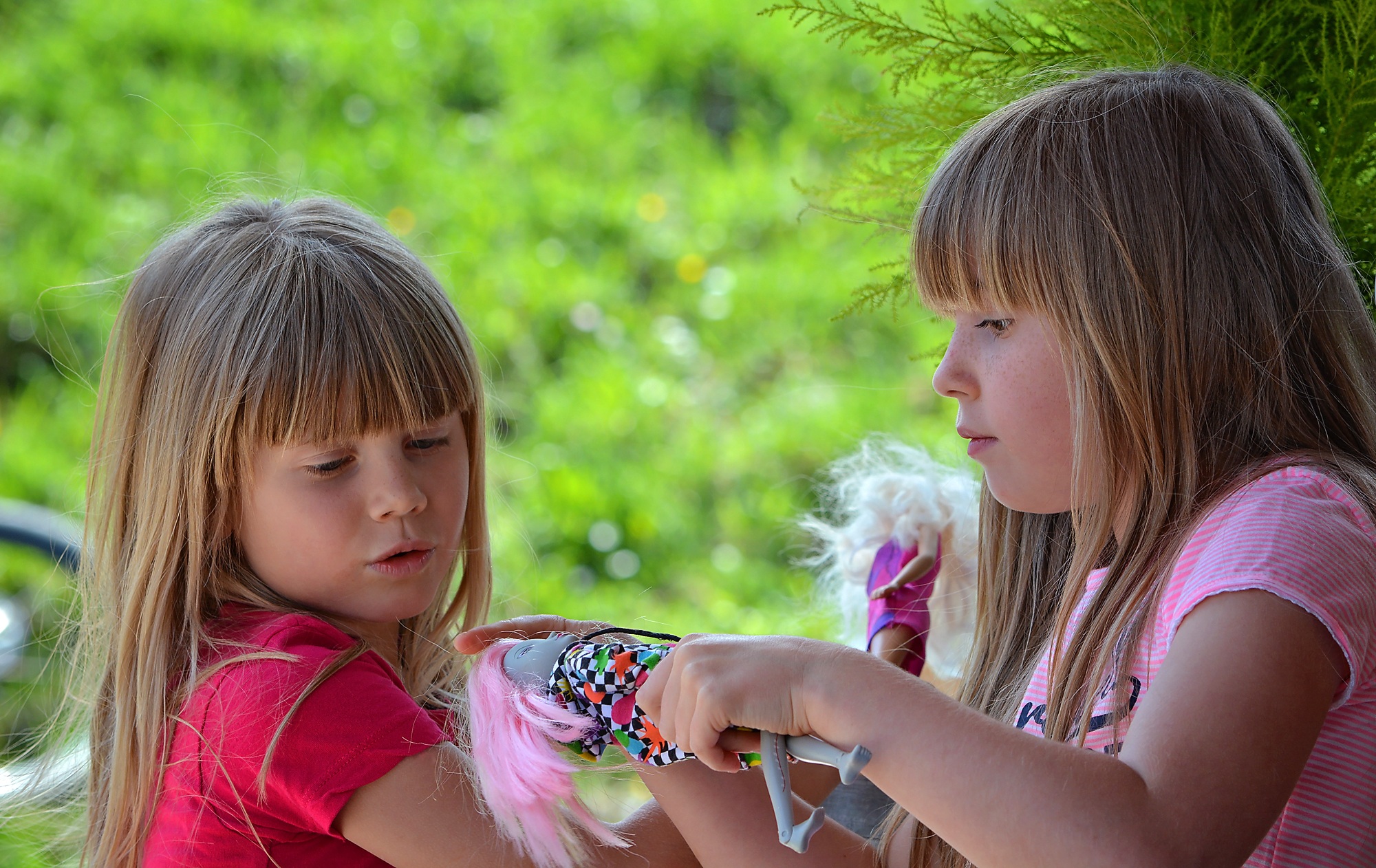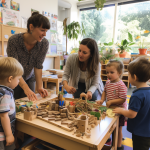When should an adult join in children’s play?
On a typical day at nursery there are many opportunities for practitioners to observe children’s play. Play is crucial to children as it allows them to fully understand and learn about the world around them. It provides opportunities for children to consolidate their existing knowledge and enhance it further. As children explore further opportunities in their play this is giving them the foundations to purse learning at a higher level.
When practitioners are observing children this is the time to sit back and analyse what is going on, for some practitioner they think they are not doing anything when in fact observing children is fundamental in helping move children’s learning forward.
Knowing when to involve yourself in children’s play can be a difficult. There may have been a time when you thought it was ok to join in but you mistakenly got it wrong and the over questioning lead to the play situation falling apart.
Practitioners must be sensitive to children’s play and in some situations it is best to stand back. When deciding on whether to join in ask yourself the following questions why do I want to be part of this play?, Can I get more from this by standing back and observing?, who will scaffold the child’s learning? and finally how will this learning develop further?. By answering these questions it will hopefully give you more of an understanding of when it is the right time to get involved.
The practitioner’s role
As adults it can be very easy to miss those vital opportunities to help extend children’s learning. Being an effective key person and knowing your key children can really help you when it comes to knowing when to involve yourself in children’s play.
Here are some tips to help practitioners in choosing the right moment to join in children’s play
- Observe what is happening, gather some information on what the children are doing. Do they need adult interaction and if so what would the purpose of this be?
- Follow children’s lead, if children suggest a certain role for you to play accept this and sensitively use your skill full knowledge to enhance the learning.
- Offer ideas that are related to the play, avoid asking closed questions, instead engage with the children by following their directions and tune into their ideas.
- Allow children to steer the play. It is very easy for adults to take over; this however can take away crucial elements of children’s play.
- Do the children give you eye contact?, do they look over to you ?and are they happy for you to observe them?.
- Are children involving you in their conversations? and are they trying to involve you in their play?
It can be different knowing when to involve yourself in children’s play but by following some of our helpful tips this may help you chose the right time.
Check out this great book about The role of observation and assessment in early childhood settings



Leave a Reply